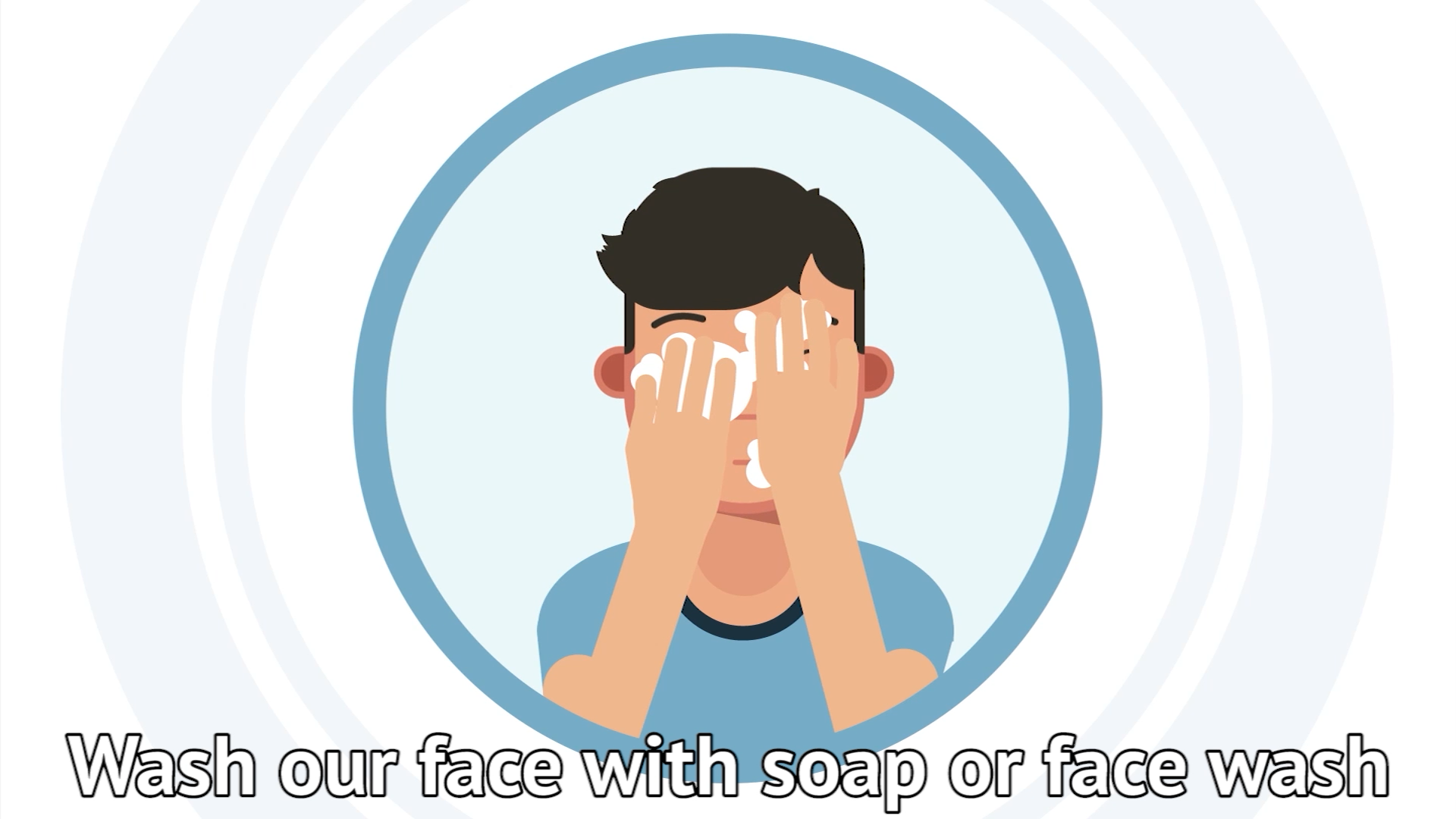Introduction
Hygiene is an essential aspect of our daily lives that contributes to our overall health and social interactions. For young students, developing proper hygiene habits is crucial to maintaining a healthy lifestyle and fostering positive relationships with their peers. This blog post aims to provide educators with an engaging no-prep activity, thought-provoking discussion questions, and related skills to help elementary students understand the importance of good hygiene practices.
No-Prep Activity
Introduce the “Hygiene Charades” activity to your students. This game requires no preparation or materials and is an excellent way for students to learn about different hygiene practices in a fun and interactive manner. To play, have students take turns acting out a specific hygiene habit without speaking, while their classmates try to guess the habit being demonstrated. Examples of hygiene habits to include are washing hands, brushing teeth, and applying deodorant. This activity encourages students to think about the various aspects of personal hygiene and helps reinforce the importance of practicing good hygiene daily.
Discussion Questions
- Why is it important to maintain good hygiene every day? How does it affect our health and relationships with others?
- What are some challenges you might face in keeping up with good hygiene habits? How can you overcome these challenges?
- How can you help remind yourself and others about the importance of practicing good hygiene?
- What are some ways to make personal hygiene more enjoyable and easier to remember?
- How do you feel when you are around someone who doesn’t practice good hygiene? How do you think others feel when they are around you?
Related Skills
While teaching students about hygiene, it is essential to introduce them to other relevant skills that contribute to their overall well-being. Some of these skills include:
- Healthy eating habits: Encourage students to consume a balanced diet and make healthier food choices, as this can contribute to their overall health and well-being.
- Physical activity: Teach students about the importance of daily exercise and engaging in physical activities to maintain a healthy lifestyle.
- Time management: Help students develop effective time management skills, such as creating a daily routine, to ensure they allocate enough time for personal hygiene tasks.
- Self-awareness: Encourage students to be mindful of their personal hygiene and how it affects their health and relationships with others.
Next Steps
Teaching students about the importance of hygiene is a crucial step in helping them develop healthy habits that will benefit them throughout their lives. To further support your students’ learning, sign up for free sample materials that cover a wide range of social-emotional learning topics, including hygiene and other related skills. These resources can help you create engaging and effective lesson plans that will empower your students to lead healthier, happier lives.






